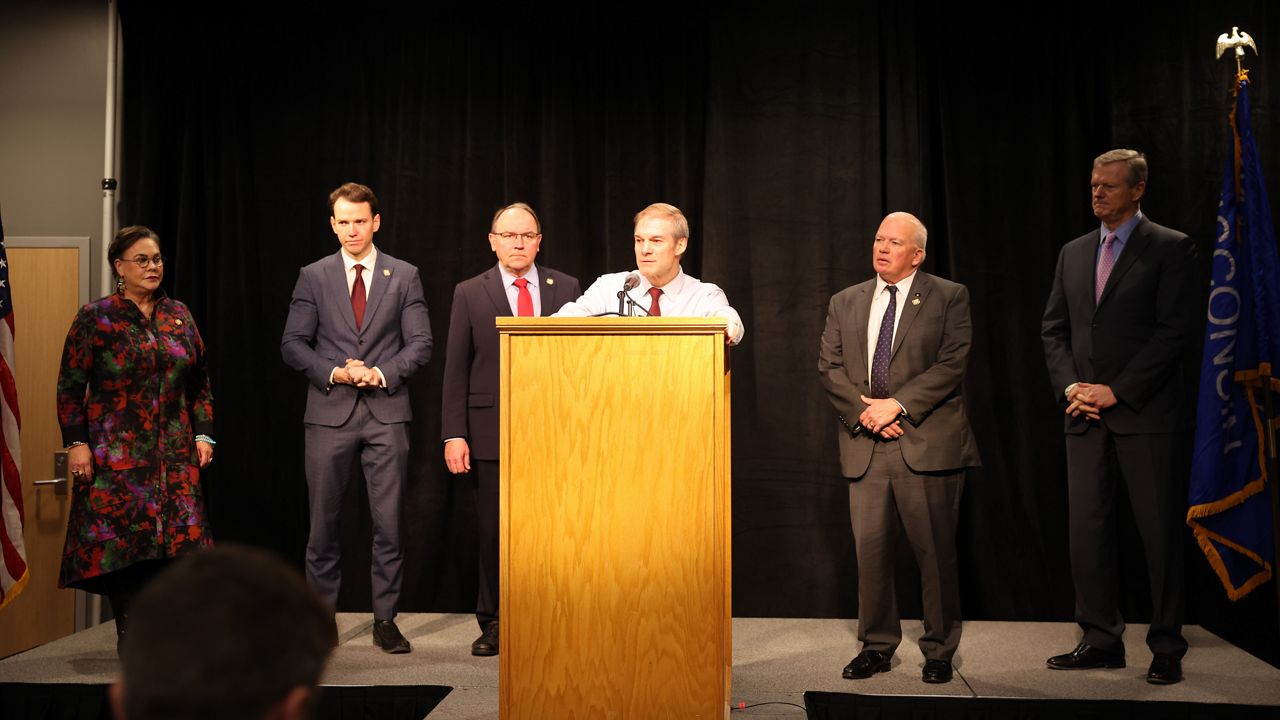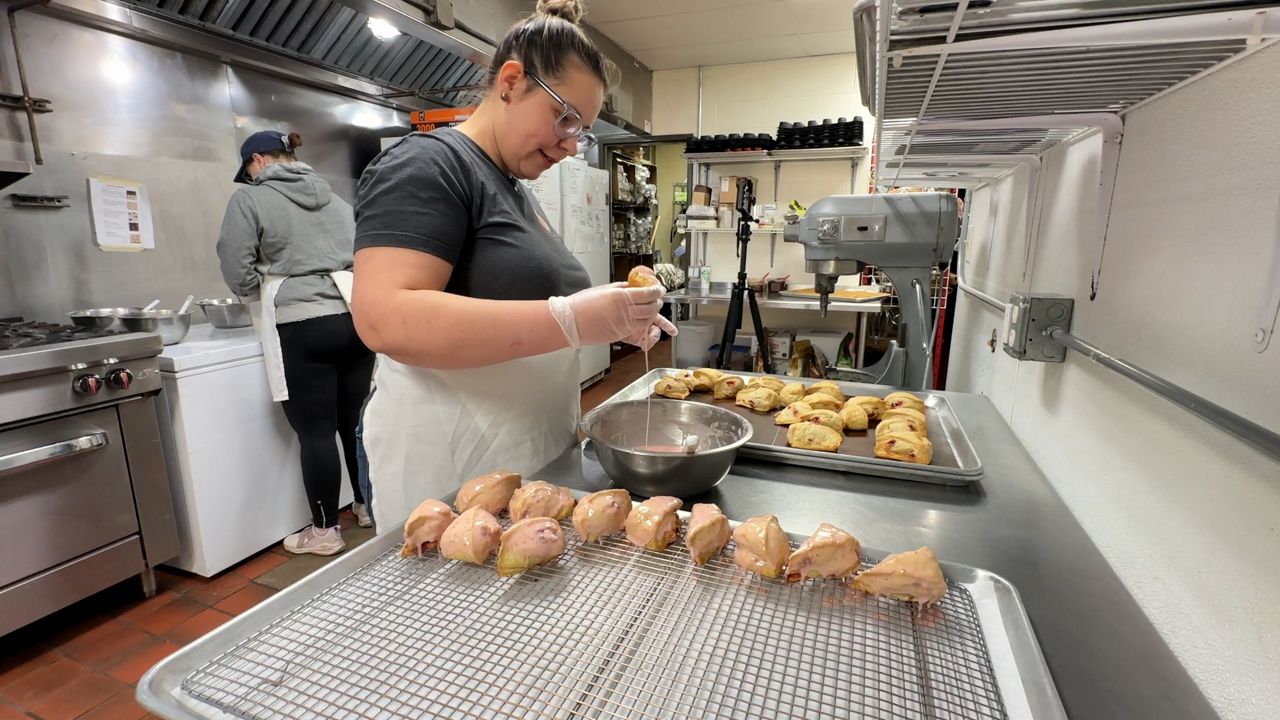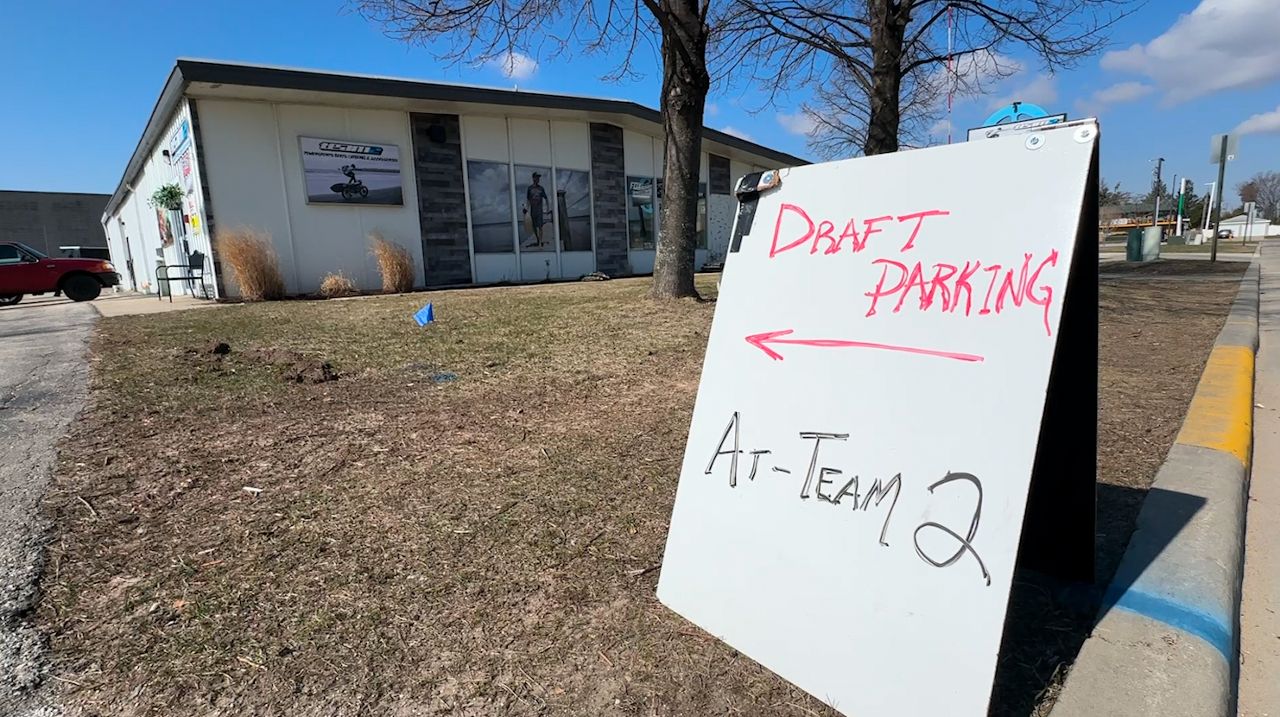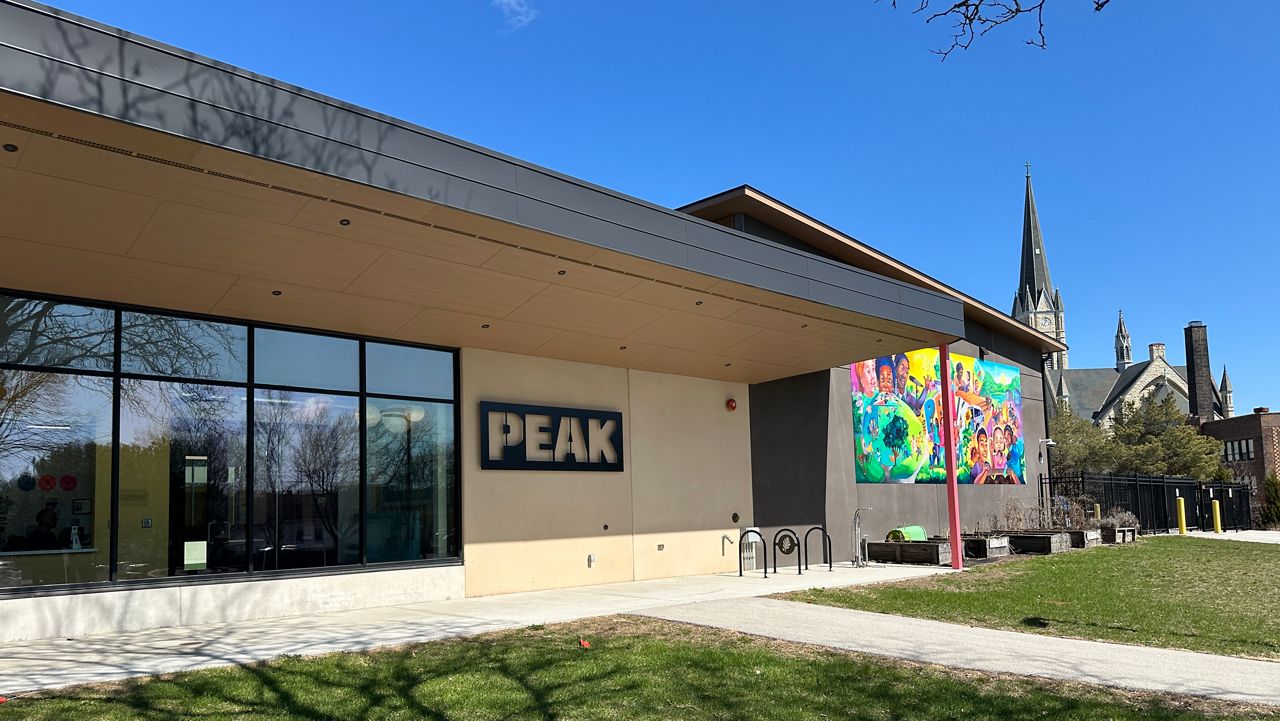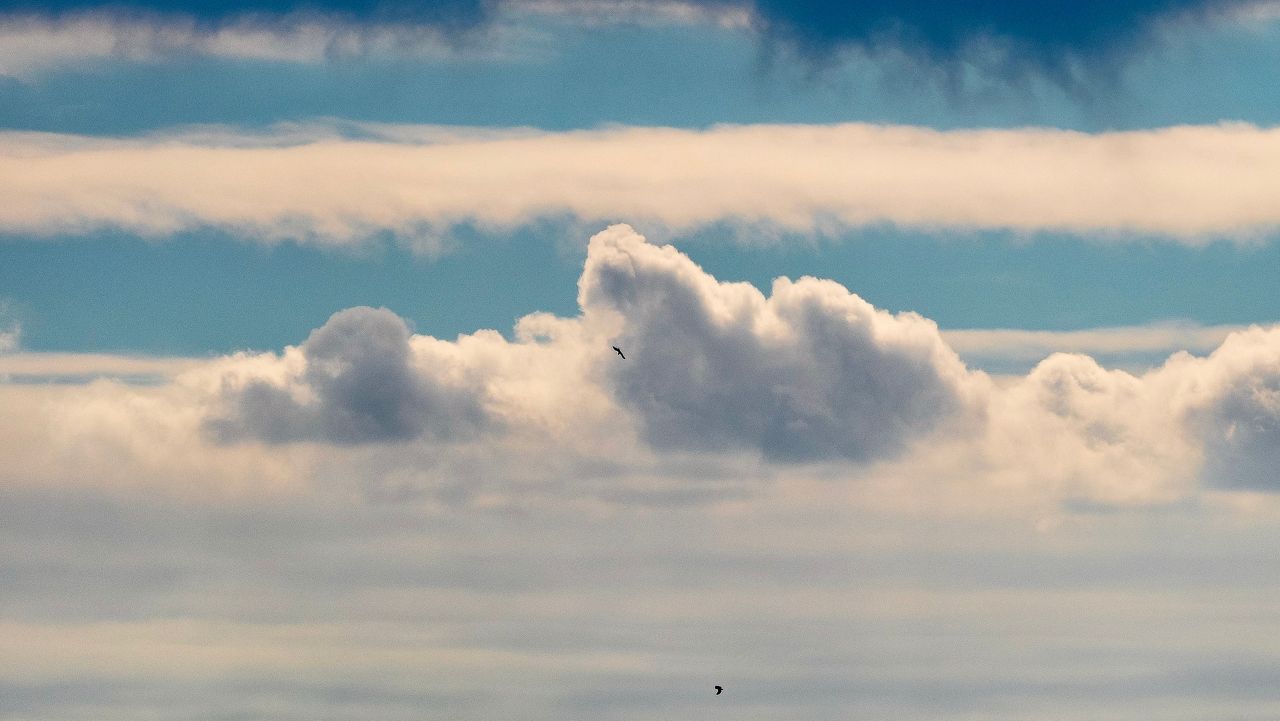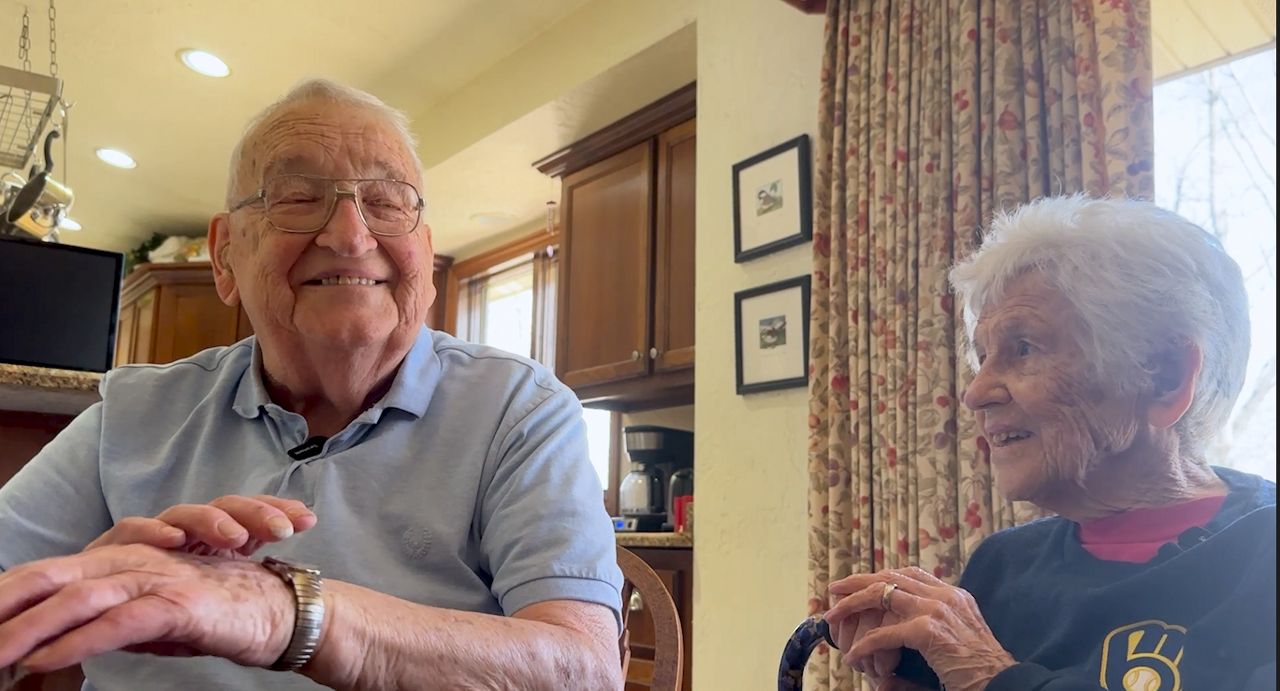MADISON, Wis. — Earlier this week, the commissioners of the NCAA’s Power Four Conferences and dozens of athletic directors, coaches and players lobbied lawmakers on Capitol Hill for legislation on name, image and likeness (NIL) rules.
Those rules refer to the rights of college athletes to control and profit from their success and personal brand.
College leaders said they want to identify a sustainable solution in the ever-changing times of NIL and player transfers. There was no firm conclusion to the talks, but multiple stakeholders involved had positive things to say following the discussion.
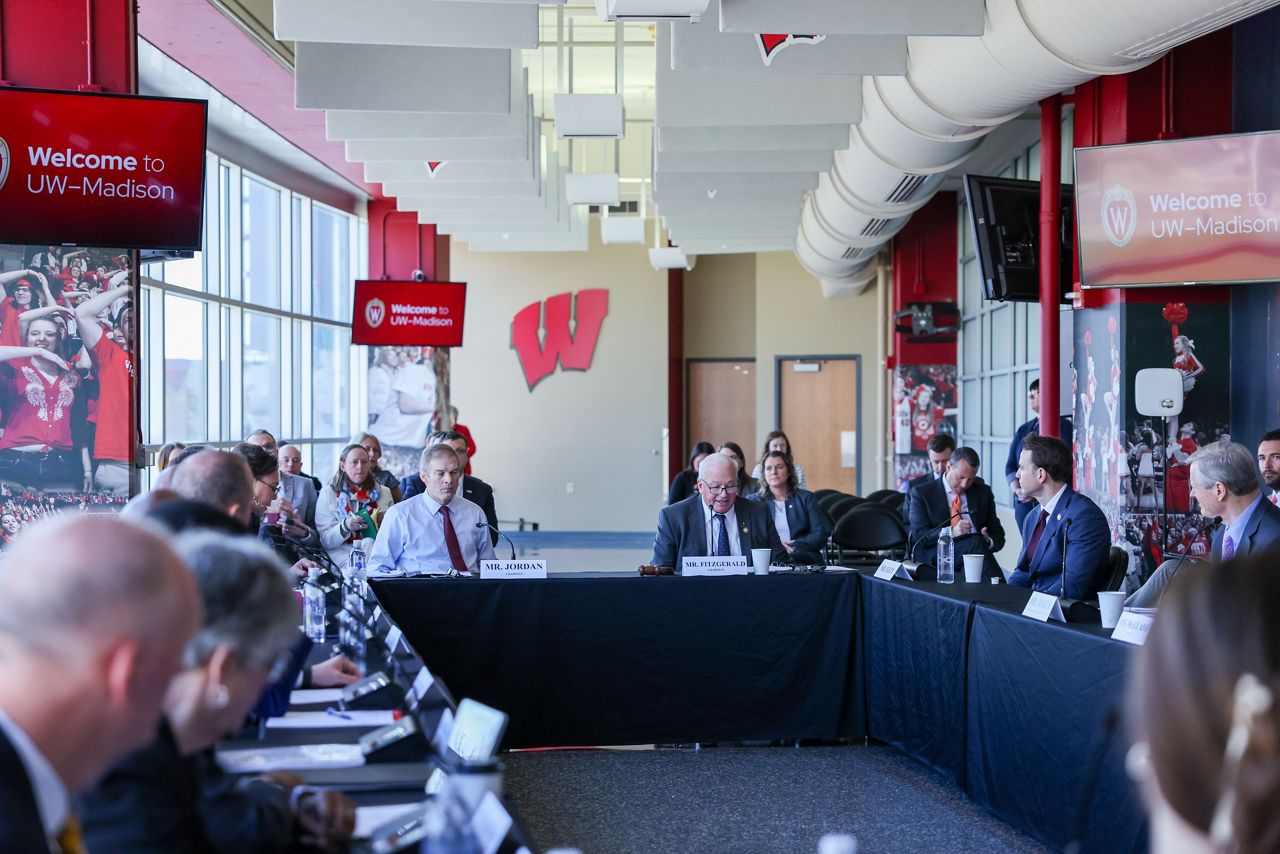
The NIL debate reached the local level Friday. Members of the U.S. House Judiciary Committee held a roundtable discussion on the topic in Madison.
Lawmakers heard from student athletes, conference commissioners, coaches and NCAA President Charlie Baker.
Rep. Scott Fitzgerald, R-Wis., said he helped bring the national discussion to the Badger State.
“I think UW-Madison, specifically the flagship of the UW System and with the level of collegiate sports, D1 sports that they have here, it made it a great place to kind of host this,” Fitzgerald said.
Student athletes were long prohibited from making money from their talent. That changed back in 2021.
“The idea is student athletes have this opportunity, this amazing opportunity,” said Rep. Jim Jordan, R-Ohio. “We don’t want to deny that to athletes, if we can, and to students if we can.”
NIL rules vary by state, which can give some colleges and universities advantages in recruiting top talent, based on whether their home state allows athletes to make money from things like autographs, memorabilia, advertising, hosting camps, doing personal appearances and public speaking.
“There’s a lot of volatility right now in collegiate sports,” Fitzgerald said. “They’re looking for somebody to possibly change that. Right now, it’s clearly falling in the laps of Congress.”
Baker said he’s glad Congress is getting involved to help create more stability.
“The thing we can’t solve are some of the issues that have to do with our ability to have rules around eligibility, academic performance and the things that make the collegiate experience for the 99% of the kids who won’t be playing professionally, so important,” Baker said.

Lawmakers acknowledged there are a lot of important issues to consider in relation to NIL. That includes possible Title IX violations, as women’s athletics and less televised sports typically generate less revenue than men’s college football and basketball.
There are concerns that some schools could start putting more effort into the sports that generate more revenue, and cut the ones that don’t.
“I think the dialogue’s got to continue, and that’s what we’re focused on right now,” Fitzgerald said.
This NIL discussion comes as a federal judge decides whether to approve a landmark $2.8 billion settlement. That money would be divided among former college athletes who played before NIL deals went into effect in 2021.
More than 100,000 former college athletes have filed a claim to receive a portion of that settlement if it’s approved.


